Global Insurance Firms Steer Clear of Total Energies’ Embattled East African Crude Oil Pipeline Project
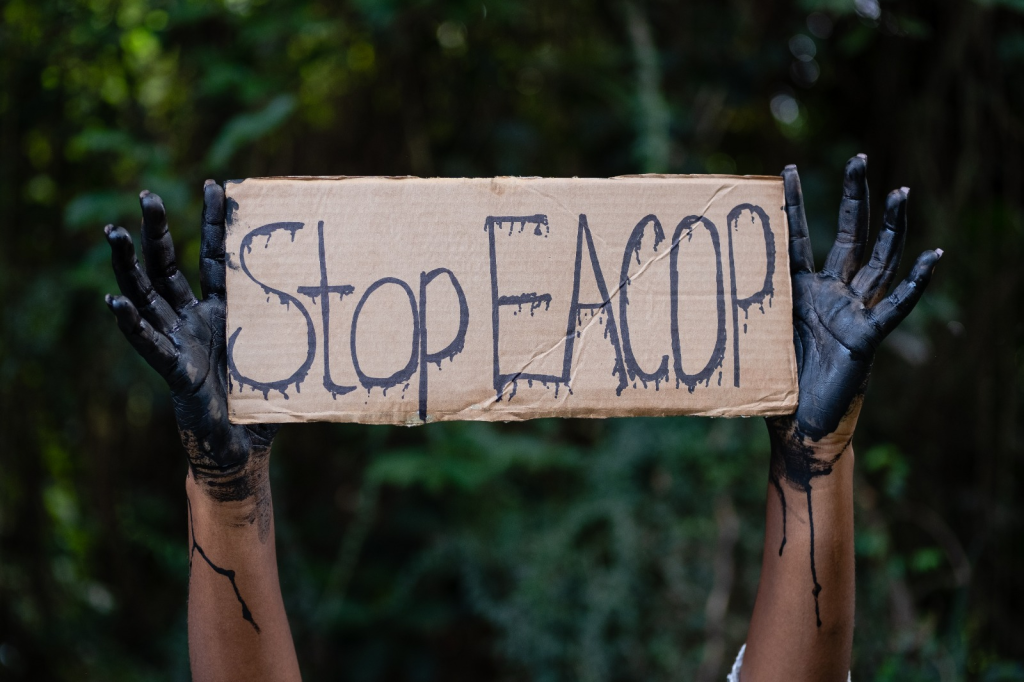
As major insurers say no to providing coverage for the highly controversial East African Oil Pipeline (EACOP), the pressure is mounting on Munich Re, Lloyd’s of London and others that have yet to comment on their potential involvement. French multinational (re)insurance company SCOR is the latest global insurer to commit not to provide coverage for […]
World Bank’s Back Door Support for East African Oil Pipeline Imperils the Planet, Complaint Alleges
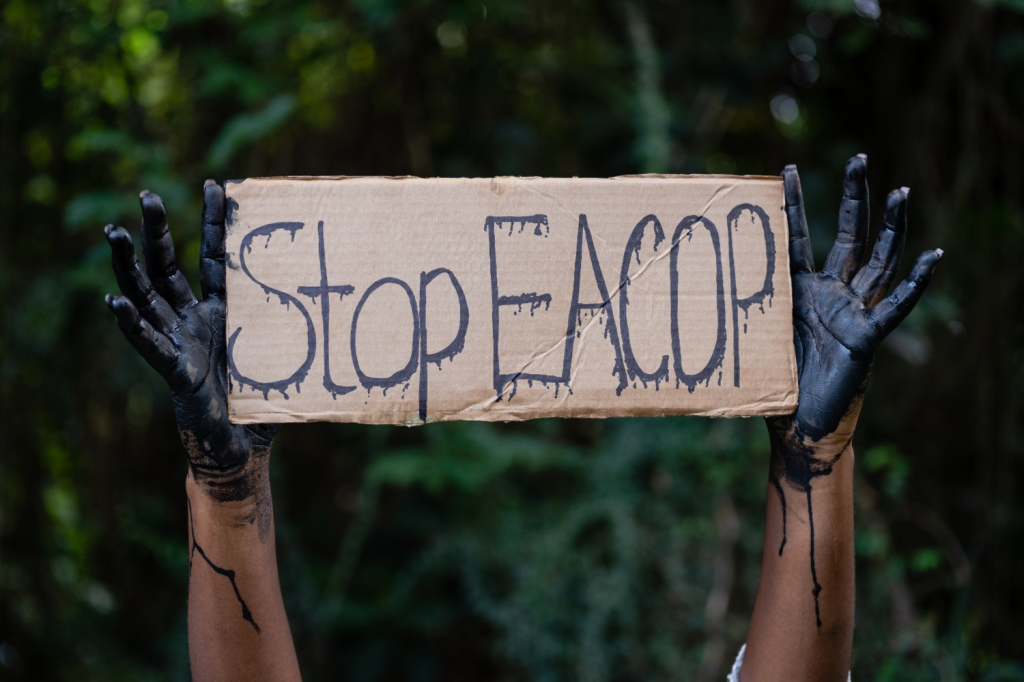
(Kampala) — Three organizations representing thousands of people in Uganda today filed a complaint against the World Bank for indirectly backing one of the world’s largest and riskiest oil developments. The planned East African Crude Oil Pipeline (EACOP) and Kabaale refinery, along with the associated development of oil fields on the shores of Lake Albert, […]
East African Crude Oil Pipeline: more banks to stay away from troubled Total project
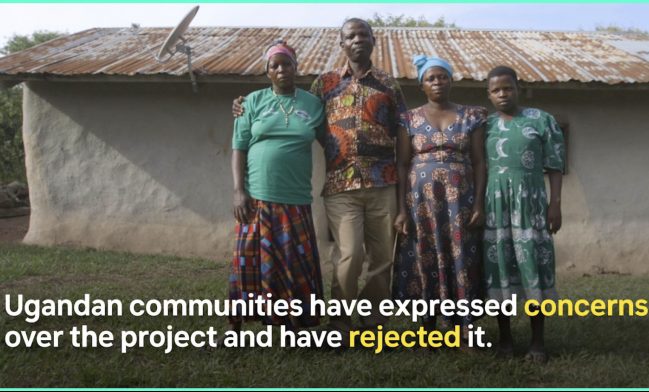
Uganda: Release human rights defender arrested while investigating impacts of Total’s oil projects
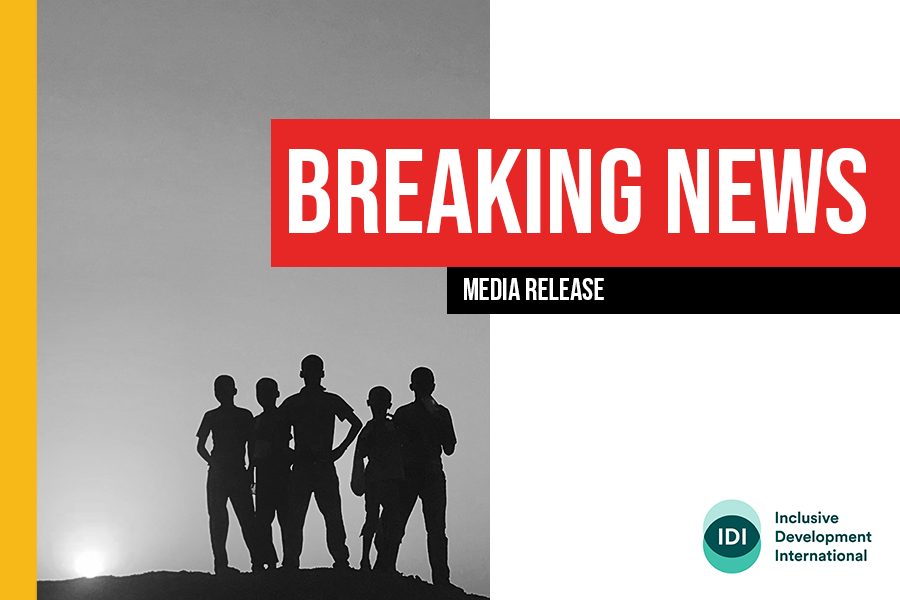
Maxwell Atuhura, a field worker for our partner organization AFIEGO (Africa Institute for Energy Governance) and fellow member of the global #StopEACOP Alliance dedicated to stopping the development of the East African Crude Oil Pipeline, was arrested along with Italian journalist Federica Marsi yesterday in Buliisa, Uganda’s oil region. The arrest occurred as they were […]
Total defends the indefensible as investment decision is signed for a massive climate-destroying oil pipeline in East Africa
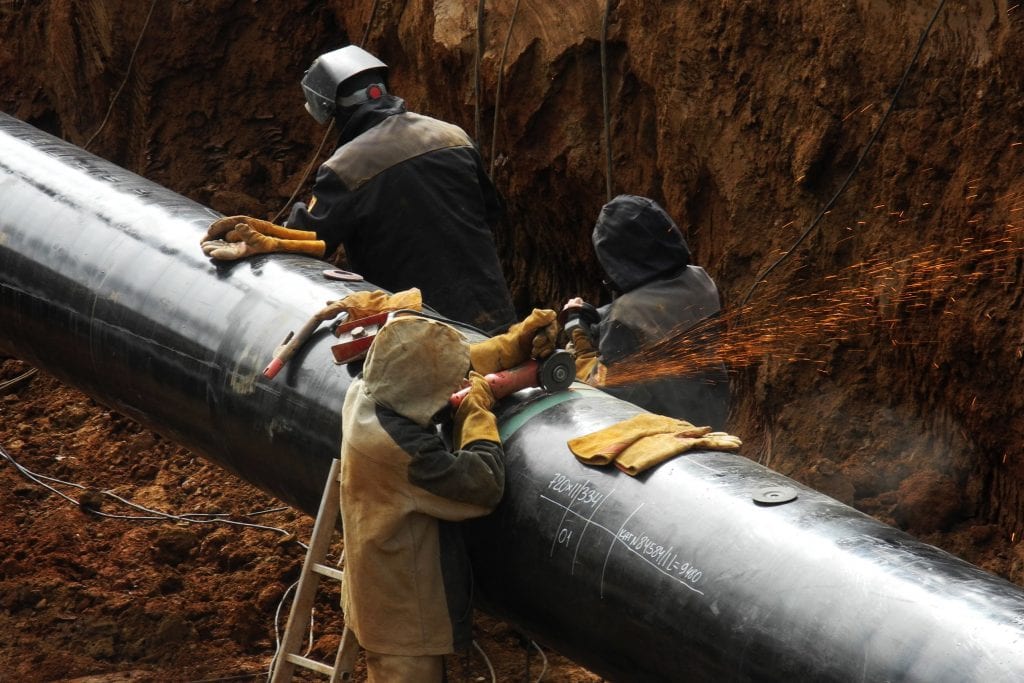
French oil company Total has been accused of ignoring significant human rights violations and huge environmental and climate risks as it pushed ahead yesterday with the signing of an investment decision to build the world’s longest heated crude oil pipeline through Uganda and Tanzania. Although the signing will likely see Total, the China National Offshore Oil […]
Barclays and Credit Suisse rule out supporting East African Crude Oil Pipeline in the face of growing community concern

Prominent commercial banks Barclays and Credit Suisse have both declared they will not provide financing for the construction of the world’s biggest heated crude oil pipeline proposed by French oil company Total and the China National Offshore Oil Corporation. The banks provided statements making clear they will not support the East Africa Crude Oil Pipeline after an open letter endorsed by […]
Over 260 organizations call on banks not to finance Total’s East African Crude Oil Pipeline
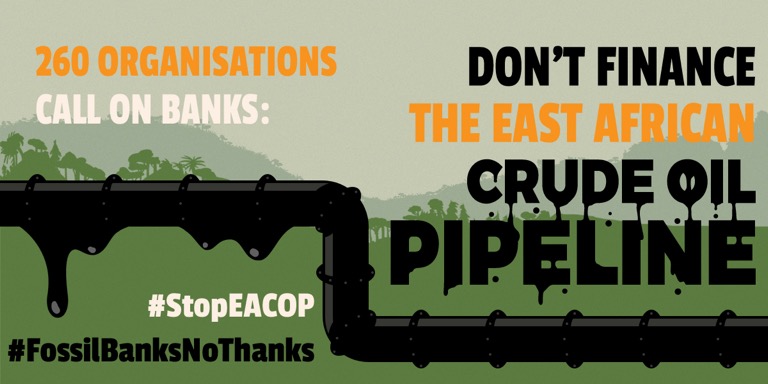
Today, 263 community and non-governmental organizations from around the world urged the CEOs of 25 banks not to participate in loans to fund the construction of the world’s longest heated crude oil pipeline. In an open letter, organizations from 49 countries, including 122 African-based organizations, detail the immense threats that the 1,445-kilometer-long East African Crude […]
CSOs react to African Development Bank’s statement rejecting claims of potential pipeline funding

The African Development Bank (AfDB) has released a press statement rejecting claims of financial support to the controversial East African Crude Oil Pipeline (EACOP) estimated to cost $3.5 billion. This statement is seen as a direct response to a letter urging the Bank to reject funding the pipeline, signed by more than a hundred civil […]
AfDB says no plans to fund Uganda-Tanzania pipeline – The East African
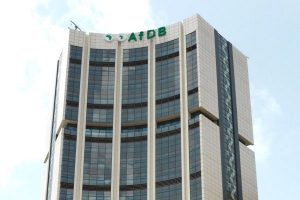
The African Development Bank (AfDB) responded to a petition by a worldwide consortium of civil society organizations saying it will not fund the East Africa Crude Oil Pipeline (EACOP), as it does not fall within its focus area of renewable energy projects. Civil society says the project will cause irreparable social and environmental damage. READ […]
Civil Society Organizations to the African Development Bank: Don’t fund EACOP
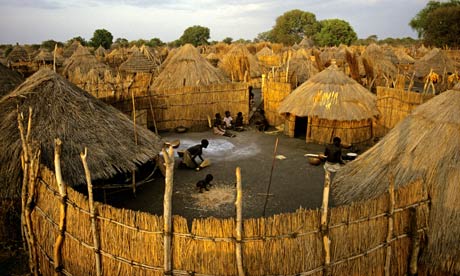
(March 23, 2020) – More than 100 civil society organizations have written to the President of the African Development Bank warning the bank against financing the East African Crude Oil Pipeline, which they call “an exceptionally high-risk project.”

